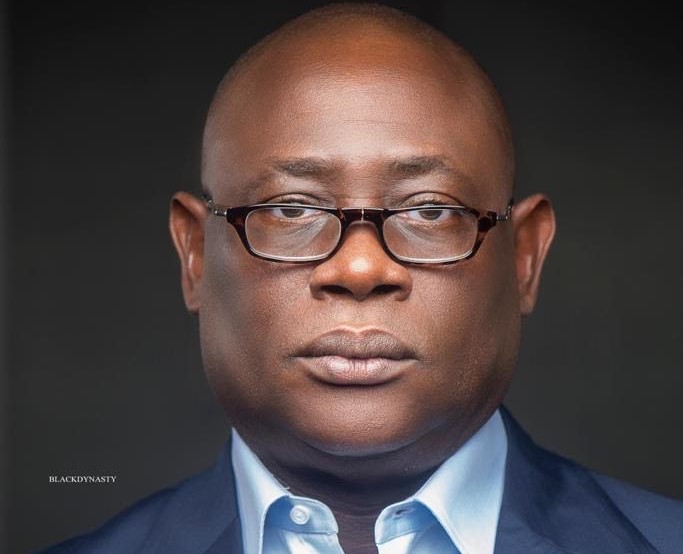
Renowned healthcare entrepreneur and investor, Dr. Richardson Ajayi has called for a transformative approach to address the deep-rooted challenges in Nigeria’s healthcare system.
In an interview with Science Nigeria in Abuja on Monday, Ajayi emphasised the urgent need for a collaborative and inclusive vision. He presented a comprehensive roadmap to create a healthcare system that prioritises equity, accessibility and innovation.
Ajayi stated that healthcare should be regarded as a fundamental human right rather than a luxury. “Eliminating barriers that prevent families from accessing essential services is vital. Whether in Lagos or a remote village, every Nigerian deserves access to quality healthcare,” he asserted.
He urged for decisive actions to ensure that geographic and economic disparities do not dictate the quality of care individuals receive.
To tackle the lack of healthcare access in rural areas, Ajayi advocated for the adoption of a hub-and-spoke model. “Under this system, well-equipped hub facilities would support smaller community health centres, ensuring that rural communities have access to comprehensive care. This model leverages existing infrastructure while addressing critical gaps,” he explained, citing its success in other countries.
He highlighted the transformative power of technology, particularly telemedicine, which proved invaluable during the COVID-19 pandemic. Ajayi noted that remote consultations, diagnostics, and digital health solutions can deliver healthcare to underserved regions, urging for the nationwide integration of such systems. “Technology bridges geographical divides and can significantly improve outcomes in hard-to-reach areas,” he added.
Financial constraints remain a significant barrier to healthcare in Nigeria, where out-of-pocket payments account for a large percentage of medical expenditures. Ajayi called for urgent reforms, including the expansion of insurance schemes, subsidisation of care and the adoption of innovative financing models. “Out-of-pocket healthcare costs are unsustainable. Affordability should never be a barrier to care,” he stressed.
He urged policymakers to prioritise healthcare funding and insurance access for low-income families.
Acknowledging the pressures on Nigeria’s public healthcare infrastructure, Ajayi underscored the importance of public-private partnerships (PPPs). He argued that collaboration between the public sector and private enterprises could expand infrastructure and improve service delivery. “Strong partnerships have the potential to build a resilient and efficient healthcare system that works for everyone,” he said.
Ajayi identified community health workers (CHWs) as essential to improving rural healthcare access. He advocated for investment in their training, deploying mobile clinics, and empowering CHWs to deliver preventive care and health education in underserved areas. “Community health workers are the backbone of rural healthcare systems. They bring care closer to the people and ensure no one is left behind,” he remarked.
He also called for inclusivity through the active engagement of all stakeholders – government, private enterprises and community leaders. “Healthcare reform must be inclusive, with the voices of marginalised populations informing decisions. Collaboration is key to building a system that serves everyone, regardless of financial or geographic circumstances,” he said.
Ajayi encouraged Nigerians at all levels – healthcare professionals, policymakers and citizens alike – to participate in the effort. “The journey ahead will require determination, patience, and a commitment to equity. But together, we can build a healthcare system that respects and saves lives,” he concluded.
It is important to note that the proposed hub-and-spoke model and telemedicine solutions are not mere concepts. Successful implementations of these systems can be seen in countries like India and Kenya, where similar models have significantly enhanced rural healthcare outcomes. Additionally, innovative financing schemes such as health vouchers and community-based insurance programmes have shown promise in improving affordability in other low- and middle-income countries.

